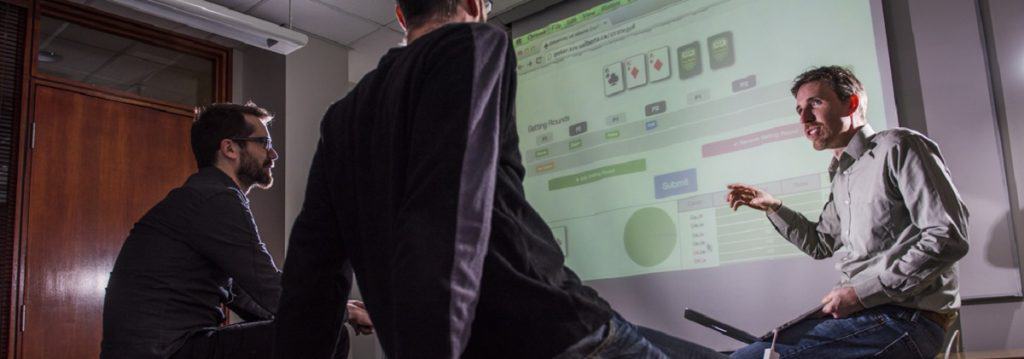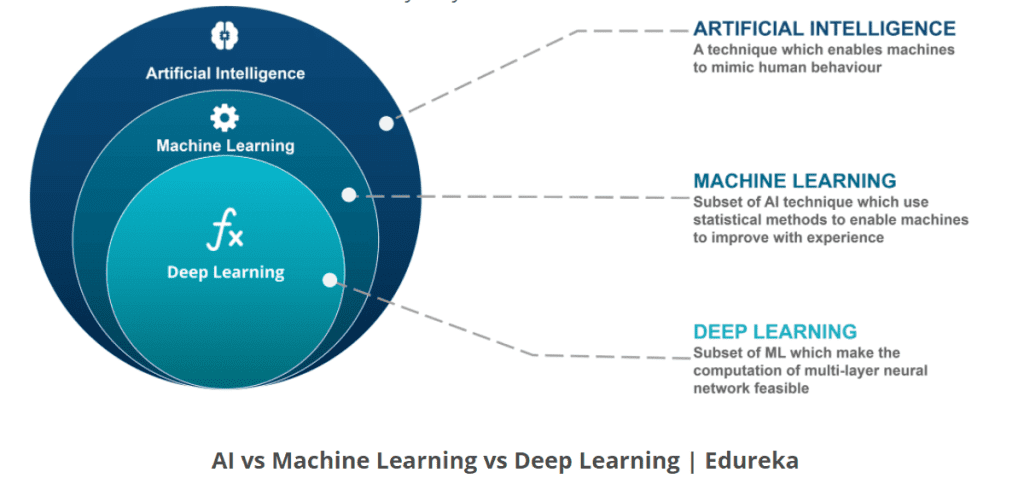
History of AI technology and neural networks in the online poker industry
The history of artificial intelligence (AI) technology and neural networks in the online poker industry is a long and fascinating one, with many twists and turns along the way.
“Pseudo AI” has been used in various forms in the online poker industry for many years, starting with simple rule-based systems that were used to automate certain tasks and processes. These early systems were limited in their capabilities and were only able to perform basic functions, such as shuffling cards or determining the winner of a hand. They were written in conventional programming languages, such as Java, Python, Perl, without using modern techniques of building neural networks.
In the mid-2000s, the online poker industry began to see the emergence of more sophisticated AI systems that were able to analyze and interpret data in real-time. These systems were based on neural networks, which are a type of machine learning algorithm that is inspired by the way the human brain works. Neural networks are able to learn from data and make decisions based on that knowledge, and they have proven to be very effective at tasks such as image and speech recognition.
As AI and neural network technology advanced, it became possible to use these systems to create poker bots that could play against human opponents. These bots were able to analyze the actions of their opponents and make decisions based on that information, just like a human player would. However, these first bots were often limited in their ability to adapt to new situations or opponents, and they were not always able to perform at the same level as top human players.

The Massachusetts Institute of Technology (MIT) has a long history of research and development in the field of artificial intelligence (AI) and poker bots.
One of the most well-known MIT poker bot projects is Pluribus, which was developed by a team of researchers at the institute in 2019. Pluribus is a neural network-based poker bot that is able to play six-player no-limit Texas hold’em poker at a high level. It was able to consistently beat top human players in head-to-head matches, and it was the first AI system to achieve this level of performance in a multi-player poker game.
Another notable University of Alberta poker bot project is Cepheus, which was developed by researchers at the institute in 2015. Cepheus is a machine learning-based poker bot that is able to play two-player limit Texas hold’em poker at a near-perfect level. It was the first AI system to achieve this level of performance in a two-player poker game, and it remains one of the most advanced poker bots ever developed.

MIT is home to a number of research groups that are focused on AI and poker bot development, including the MIT Computer Science and Artificial Intelligence Laboratory (CSAIL), the MIT Poker Group, and the MIT Probabilistic Computing Project. These groups have contributed significantly to the field of poker AI, and their work has helped to advance the state of the art in this area.
Over the past few years, AI and neural network technology has continued to evolve, and it is now possible to create much more sophisticated poker bots that are able to adapt to changing conditions and opponents. These bots are able to analyze vast amounts of data and make decisions based on that information, and they are able to learn and improve over time. We are one of the leaders in this market of poker bots, and we have been creating quality poker software for over 8 years, and have hundreds of satisfied partners and customers.
Despite the advances in AI and neural network technology, however, it is important to note that these systems are still not able to consistently outperform top human players in the online poker industry. While they may be able to hold their own against average or below-average players, they are still not able to consistently outplay the best human players.
Why, you may ask? Still, poker is a game of probabilities, and in some types of games where the number of iterations is not so high (like tournaments, MTT), the banal randomness is more important. And if a professional regular (and if he’s a coder too, lol) who knows the vulnerabilities of a certain poker bot is playing against the artificial intelligence – the luck might not be on your side. Random Number Generator can play a cruel trick on you 😉
Overall, the history of AI technology and neural networks in the online poker industry has been one of gradual progress and evolution. While these systems have come a long way in a short amount of time, there is still much more to be learned and discovered in the world of AI and poker.

